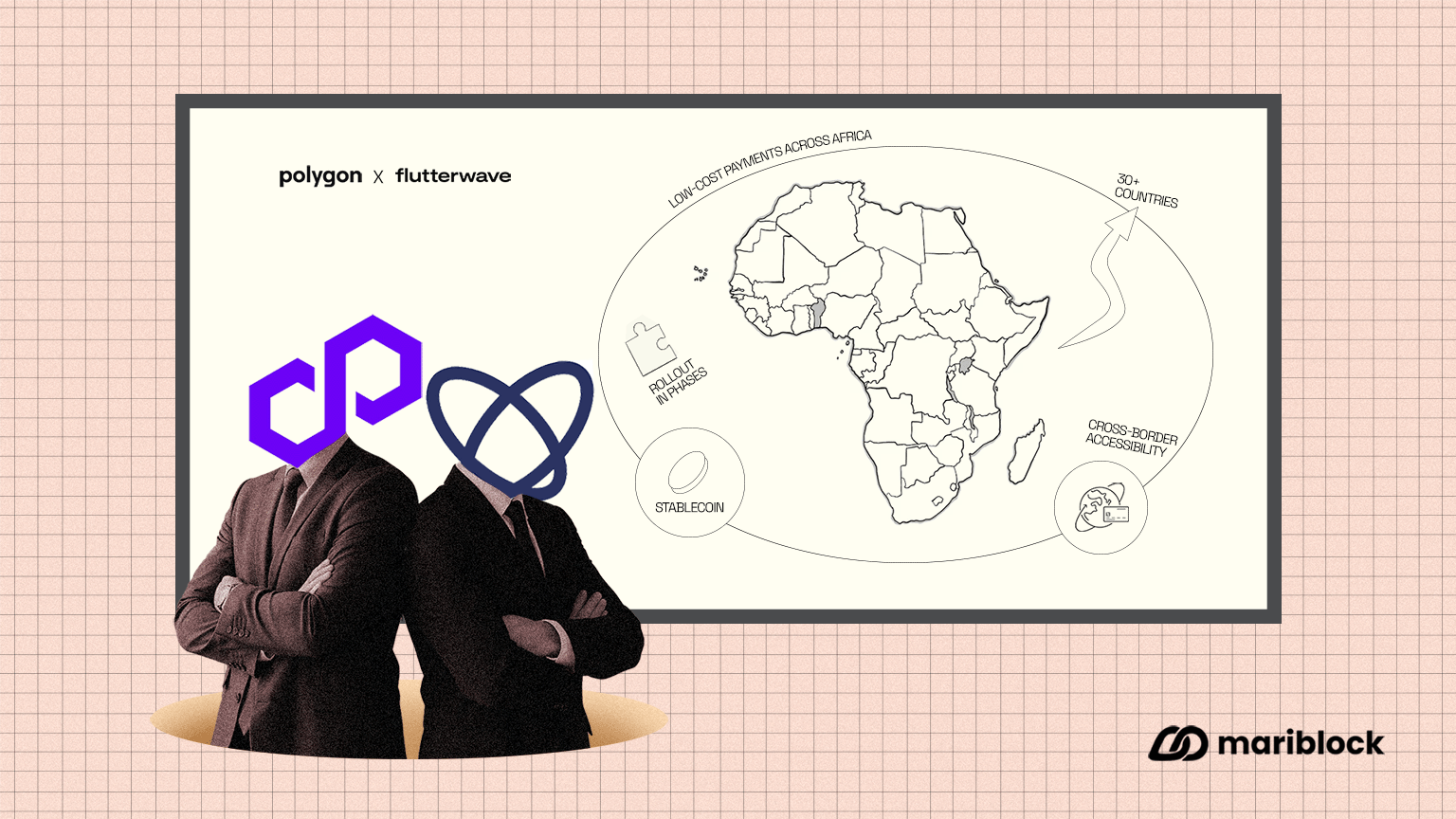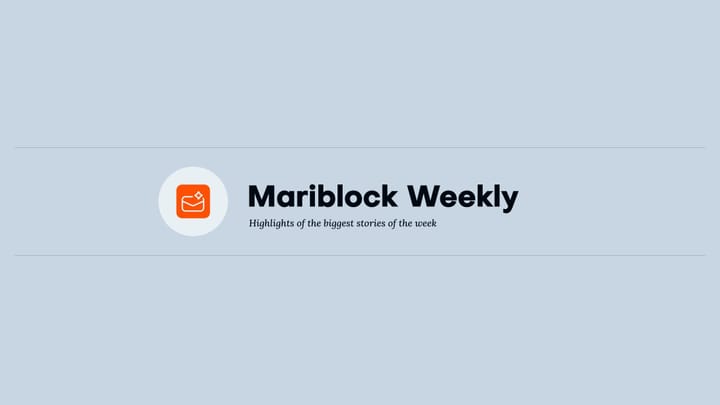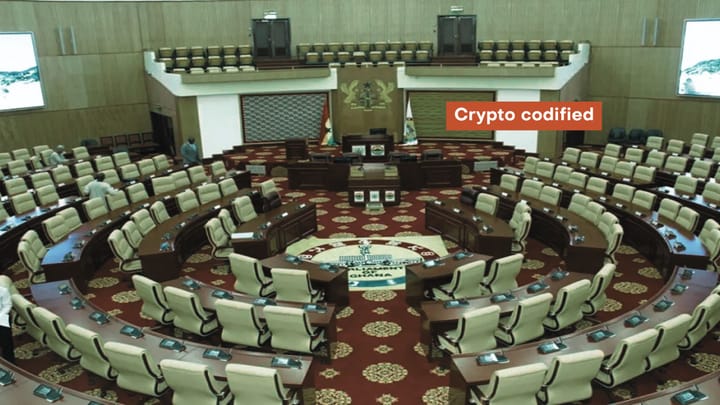Flutterwave taps Polygon for stablecoin-powered cross-border payments
While the full rollout is scheduled for 2026, a pilot program of the product feature is expected to run its course before the end of the year.

African fintech unicorn Flutterwave has partnered with blockchain infrastructure provider Polygon to power cross-border payments using stablecoins.
Through this partnership, Flutterwave is introducing a new feature that allows users to send and receive U.S. dollar-pegged stablecoins — specifically USDT and USDC — in real time, across borders via Polygon’s blockchain network.
The details
- In a blog post shared on October 30, Rotimi Okungbaye, Flutterwave’s enterprise marketing manager, announced that the product will enter its pilot phase before the end of the year.
- However, the full rollout is scheduled for next year, when the feature will be made available to businesses through Flutterwave for Business and to retail users via the Send App.
- Flutterwave will leverage Polygon’s stablecoin payment rails to enable fast, low-cost cross-border settlements for users across more than 30 African countries where the fintech operates.
- The partnership, expected to run for an unspecified number of years, expands Flutterwave’s foray into decentralized finance and marks Polygon’s first integration with an African legacy financial institution.
Key quote
- Okungbaye wrote:
“We [Flutterwave] are taking a bold leap forward in that mission [to connect Africa to the world and the world back to Africa] by collaborating with Polygon Labs, an infrastructure partner that allows us to make cross-border payments faster, cheaper, and truly borderless.”
- He added:
“By integrating on Polygon’s blockchain architecture, Flutterwave is enabling transfers of stablecoins (USDC, USDT) across our network. That means customers, large enterprises, growing SMBs, and everyday consumers can now send, receive, and settle payments in real time.”
Dive deeper
- Cross-border payments into Africa are traditionally slow and expensive, often taking days to settle. In the third quarter of 2024, it cost an average 8.45% fee to send remittances into Sub-Saharan Africa.
- This implies that a transfer of $10,000 into any country in the region would incur an $845 fee when sent via traditional remittance platforms.
- Now, stablecoins are being proposed and adopted as solutions to these bottlenecks, considering the speed and low-cost nature of transactions settled on a blockchain.
- In an email to Mariblock earlier this year, Flutterwave noted that it sees blockchain technology as a potential solution to these bottlenecks and was exploring integration opportunities.
- The firm wrote:
“We see enormous potential for blockchain technology to address key challenges in Africa — from reducing the cost of remittances to strengthening local currencies and improving access to modern financial tools... We are actively exploring responsible paths forward that are user-driven, fully compliant with relevant laws, and designed to enhance the functionality of our ecosystem.”
- Flutterwave added that it was looking to cater not just to traditional companies but also to blockchain firms as well.
Zoom out
- As blockchain regulations gain traction globally and across Africa, more traditional financial institutions are exploring ways to integrate blockchain features — particularly stablecoins — to deliver faster and more efficient services.
- This year, Flutterwave joined the Circle Payment Network, a system designed by the blockchain infrastructure firm, Circle.
- The CPN looked to enable global financial institutions to settle crossborder transactions among each other using stablecoins.
- In 2023, the fintech also announced a partnership with the Hedera blockchain to allow for payment settlement with USDC.
- Some other traditional finance institutions that have announced planned integrations of stablecoin products in Africa this year include Western Union, Mastercard, and Visa.



